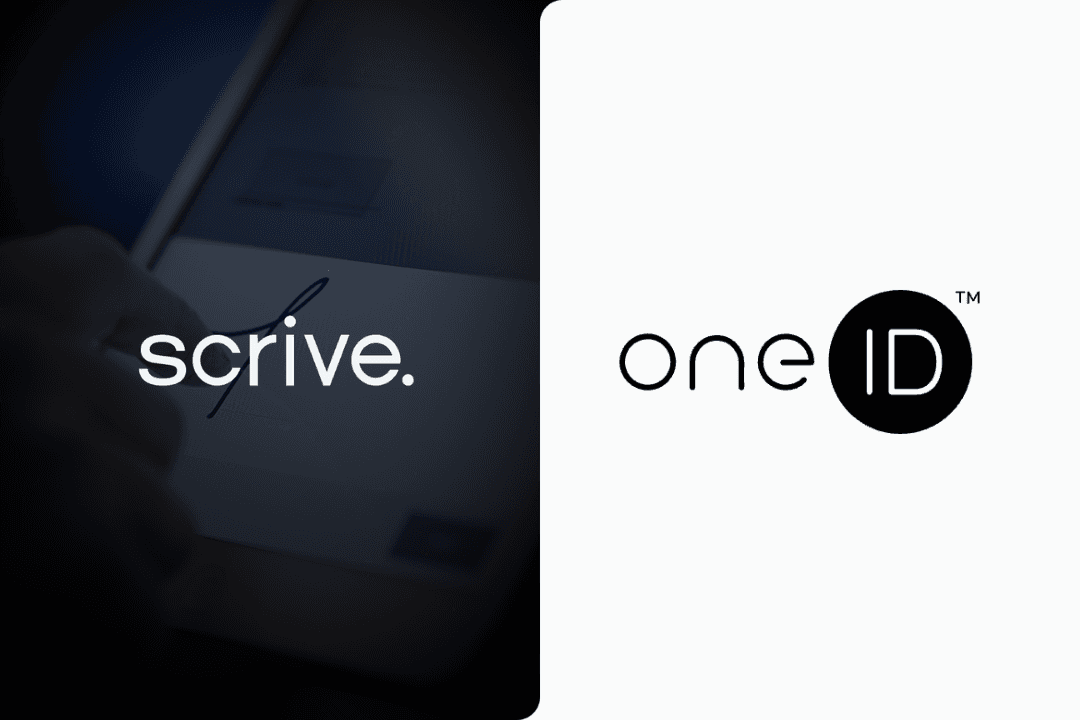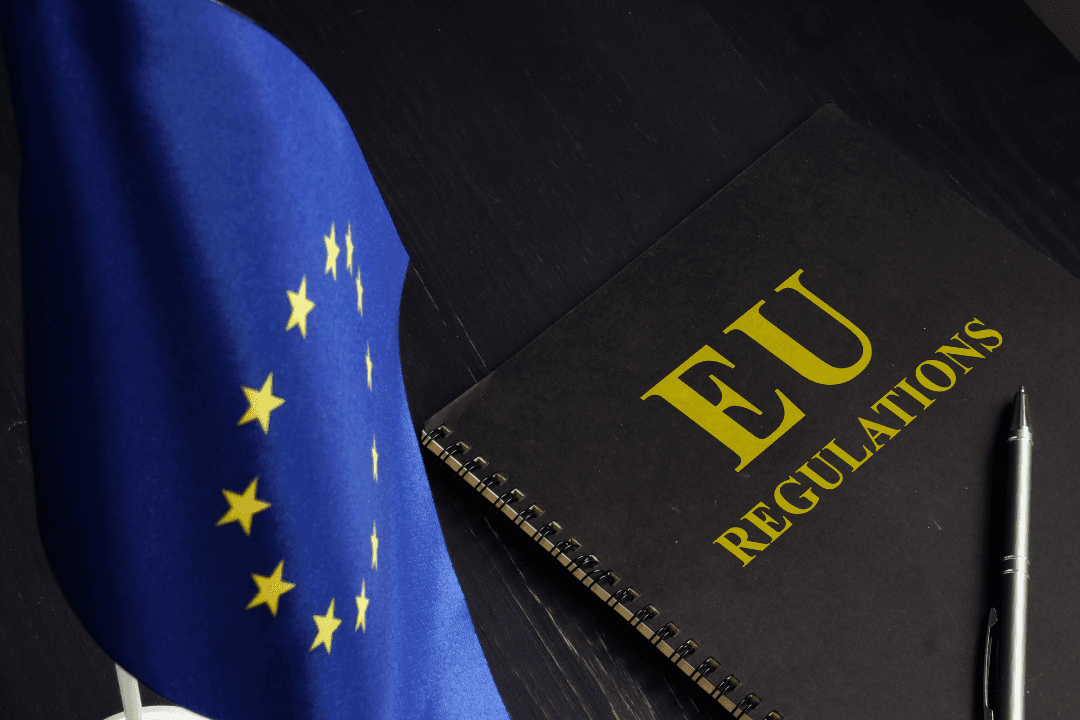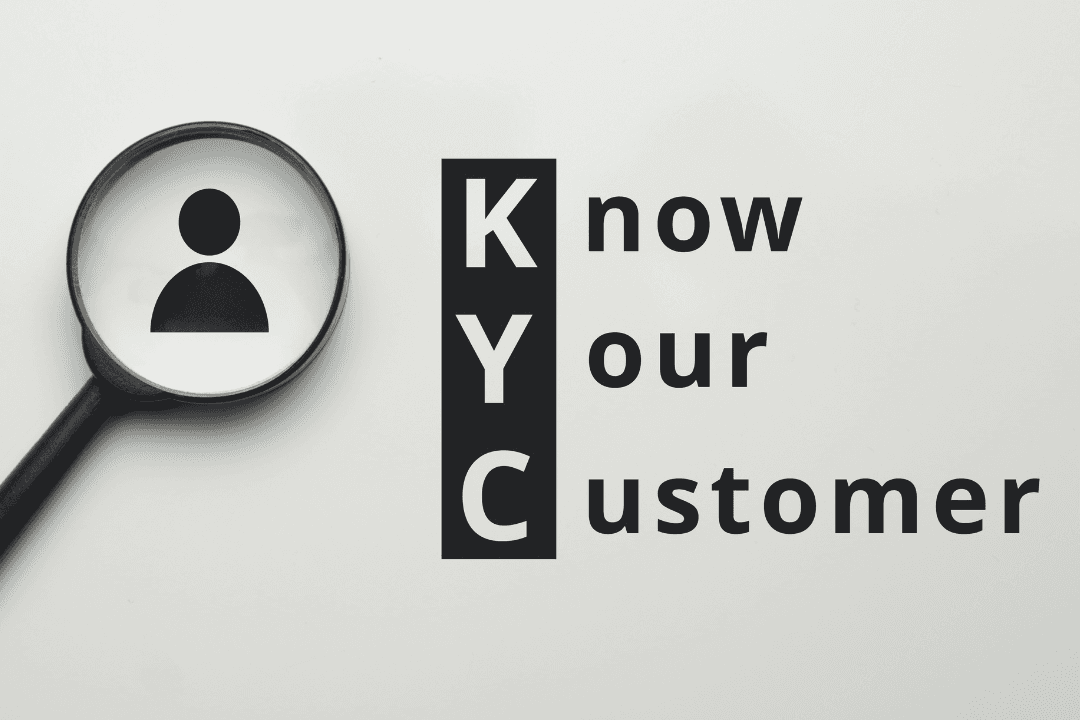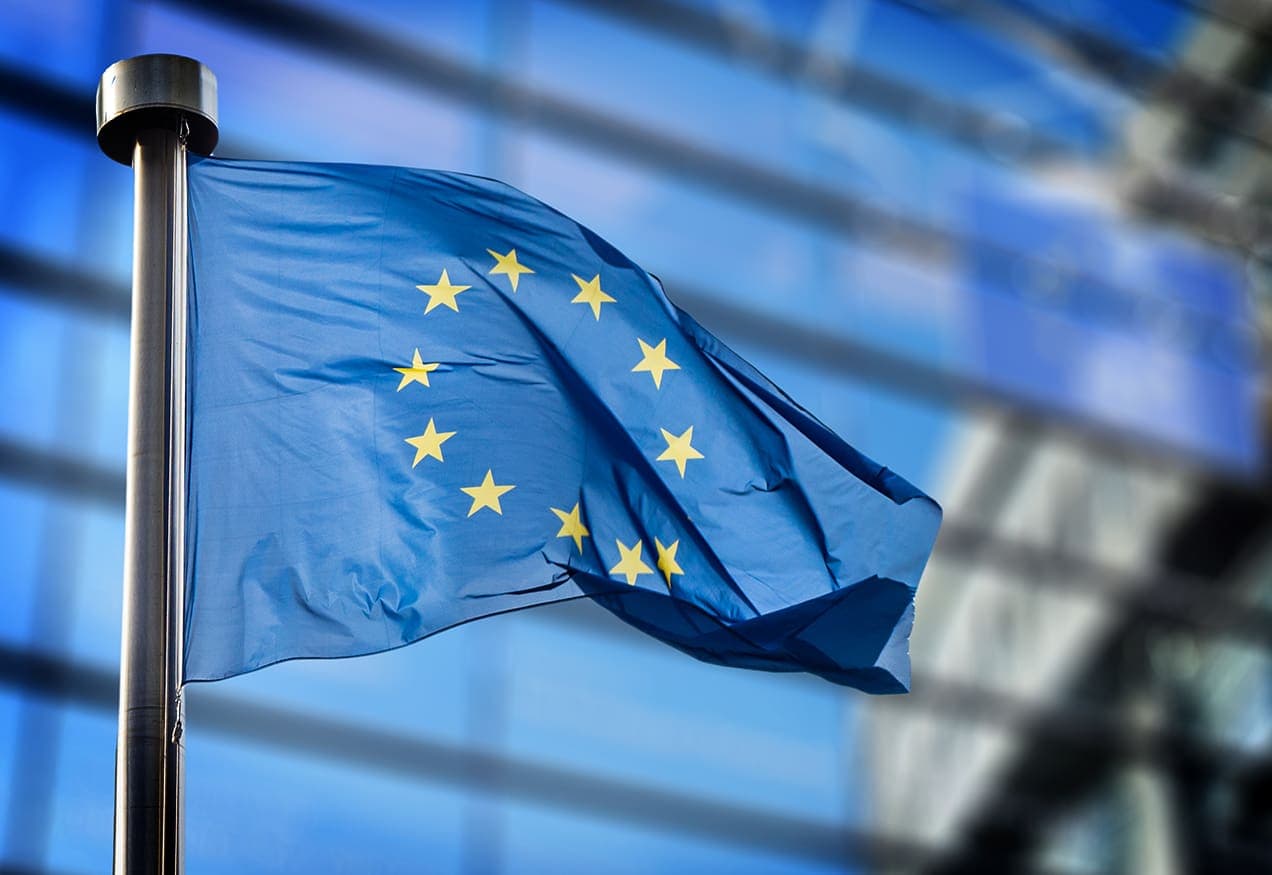Europe is on the brink of a digital revolution with the introduction of eIDAS 2.0, a regulation aiming to ensure that by 2030, 80% of EU citizens will have a digital identity. This is a significant step towards a future where digital transactions and interactions are the norm.
However, not everyone is eager to make the transition to digital. Germany, for instance, faces its own set of unique challenges in making the jump, but can learn a lot from the successes of its Scandinavian neighbours, who are leading the way in digitalisation.
Scandinavia’s journey towards digital identity has been marked by a clear communication strategy that highlighted the benefits of digitalisation, such as improved efficiency, better access to services, and stronger security measures. This has been exemplified by Sweden’s early adoption of the Swedish BankID in 2003. Their approach underscores the importance of making a strong case for digital identity to stoke public opinion.
In contrast, Germany’s path is somewhat hindered by societal scepticism. To address this, initiating inclusive education campaigns and involving a broad spectrum of stakeholders, such as NGOs, private companies and influencers, is crucial. It’s essential to ensure that digital services are accessible, secure, and user-friendly for all. By bolstering security measures and cybersecurity, Germany can cultivate the trust necessary for the widespread embrace of digital identities.
However, Germany shouldn’t take the journey alone. Working together with other European countries has big advantages. Sharing lessons, mistakes, and wins can help sharpen strategies and make sure digital systems work well together across borders. This teamwork is crucial for hitting the big goals of eIDAS 2.0.
The benefits of a fully digital Germany are immense. Not only does it align with regulatory requirements, but it also offers the promise of smoother transactions, less bureaucracy, and a boost to the country’s technological and economic standing.
As Germany charts its path to a more digital future, it stands to gain a lot by taking cues from the Nordic pioneers. By honing in on education, beefing up security, and joining forces with European allies, Germany can push past doubts to fully embrace digitalisation. This sets the stage for a future that is more connected, efficient, and secure.



